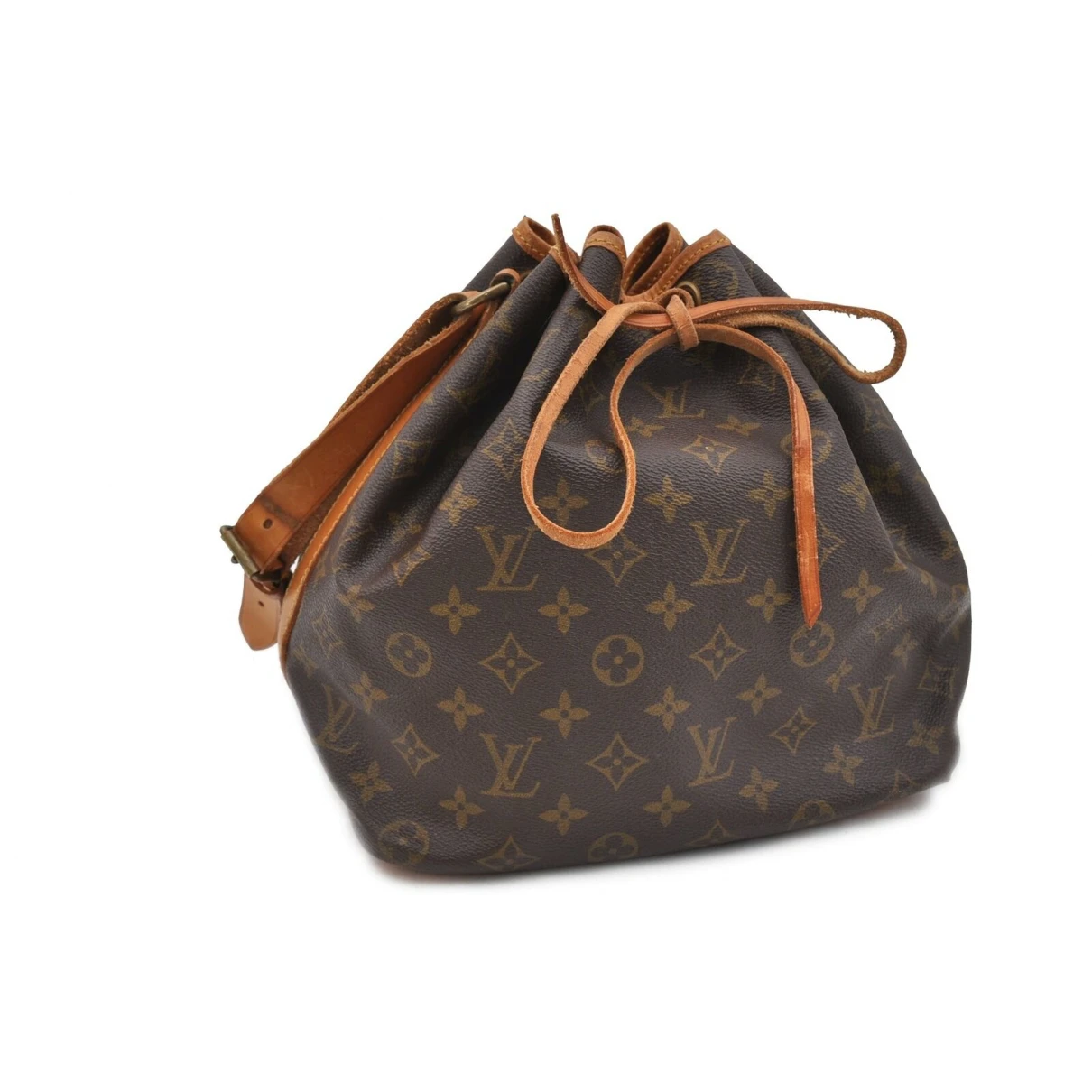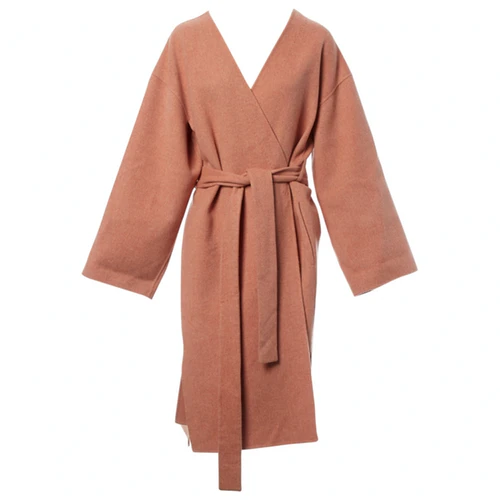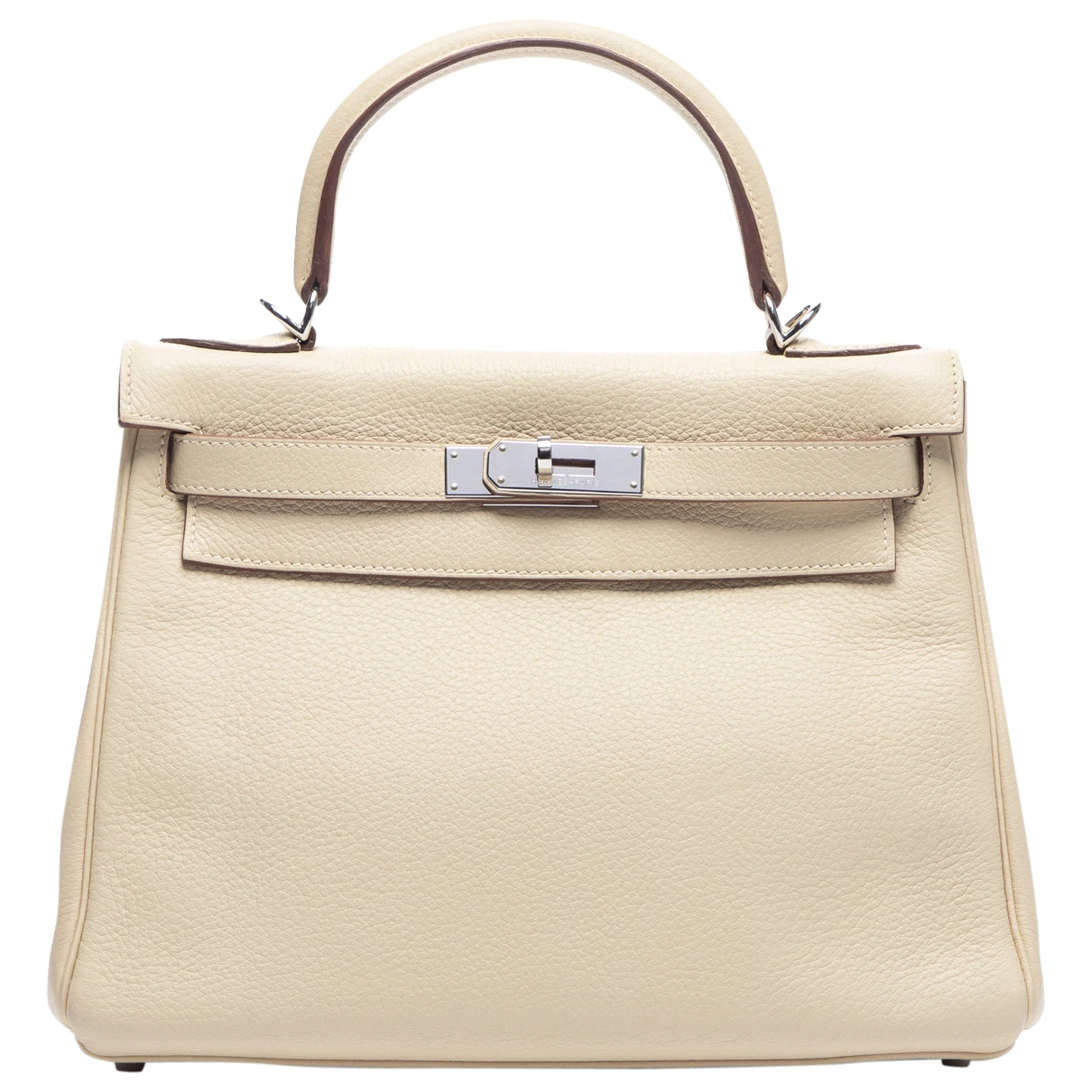For the past decade, Vestiaire Collective has led the way in changing both customers' and the industry's approach to responsible fashion. Working to close the circular loop by extending the life of clothing (an additional nine months of wear, their research has found, reduces an item’s carbon, waste and water footprint by 20-30% each), the company has worked to reframe the way we think about our wardrobes and the life cycle of our clothes.
2019 marks the 10th anniversary of the brand. To celebrate Vestiaire Collective is thanking its customers with a huge flash sale from Wednesday, November 13 to Friday, November 15 — one, unlike any retailer, has had. Refinery29 caught up with Fanny Moizant, one of the co-founders of Vestiaire Collective to find out which trends are maintaining momentum, how consumers have adjusted their thinking about resale, and what she considers the future of fashion.
AdvertisementADVERTISEMENT
Refinery29: How has the market changed in the last 10 years?
Fanny Moizant: Resale has changed dramatically since we launched Vestiaire Collective in 2009. We started the business right in my apartment and the first pieces sold on the site were all sourced from our friends and community in Paris. At the time, resale was still a relatively new concept. There were a couple of small independent stores and websites like eBay, but nothing that was trusted or had the fashion curation my friends and I were looking for when shopping online. Today, the market is a huge global force that is projected to grow larger than fast fashion within a decade.
What trends have proven to have staying power?
Our best-selling category globally is handbags. Timeless models and brands, such as a Hermes Birkin, never lose their value, making it a true investment piece. We have seen value increase dramatically over the past year for other bags including the Dior Saddle, Fendi Baguette, and Gucci Marmont. Vintage, from iconic eras like Gucci by Tom Ford, Azzedine Alaïa, Mugler and Margiela will remain collectors’ pieces and hold their value as they are iconic and a true part of fashion history.
Are there any particular items that are more popular now than they were when they came out 10 years ago?
Phoebe Philo-era Celine is a huge one! She took over the brand in 2008 and has developed a cult following of fans around the world that collect her pieces, making it one of our fastest selling designers on the platform. Then you have designers such as Nicholas Ghesquiere at Balenciaga and Virgil Abloh at Off-White, who really paved the way for streetwear. High streetwear prices have been skyrocketing, especially for sneakers and collabs. There is also a whole new crew of designers including Daniel Lee at Bottega Veneta, that have seen their resale value increase consistently.
AdvertisementADVERTISEMENT
How have consumers' attitudes toward consignment changed?
The second-hand market is now very much part of consumer shopping habits, especially for younger generations, who tend to prioritize sustainability, to be precise, 77% of consumers believe sustainable fashion is important. Globally, 46% of consumers revealed they donate clothes to charity, 34% said they swap clothing and accessories with friends and family, 31% said they sent damaged clothing to textile recyclers, whilst just under a third sold or bought pre-owned clothing. This shows that people are very eco-conscious about resale on their minds. They’re also tech-savvy and feel comfortable using websites and apps to purchase pieces at all price points.
What do you think is the next big shift will be in consignment? Designers giving their archives to particular stores? Partnerships with luxury brands?
Working with forward-thinking brands has always been on our radar and I think it’s now too big of an opportunity for them to ignore. Resale is now one of the fastest-growing areas of luxury and is estimated to grow to around $36 billion in revenue by 2021! So the next big shift is definitely a collaboration and strategic partnerships, as this is what is needed to drive meaningful change in the industry and consumer mindset overall. We also recently did a survey with Boston Consulting Group (BCG) and found that resale is a huge driver for the first-hand luxury market. About 62% of our members said their first purchase of a luxury brand was on our site, and within that, the majority said they would consider buying that brand again and buying it first-hand. Speaking of partnerships with forward-thinking brands, we just commemorated our 10th birthday anniversary with the opening of a permanent shop at Selfridges in London. Their customer base really demanded the ability to buy and sell pre-owned luxury clothing in a major retail store. This is the future of fashion.


